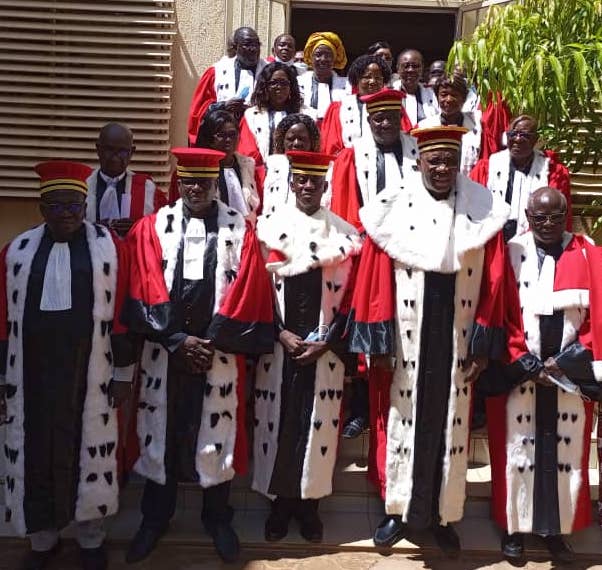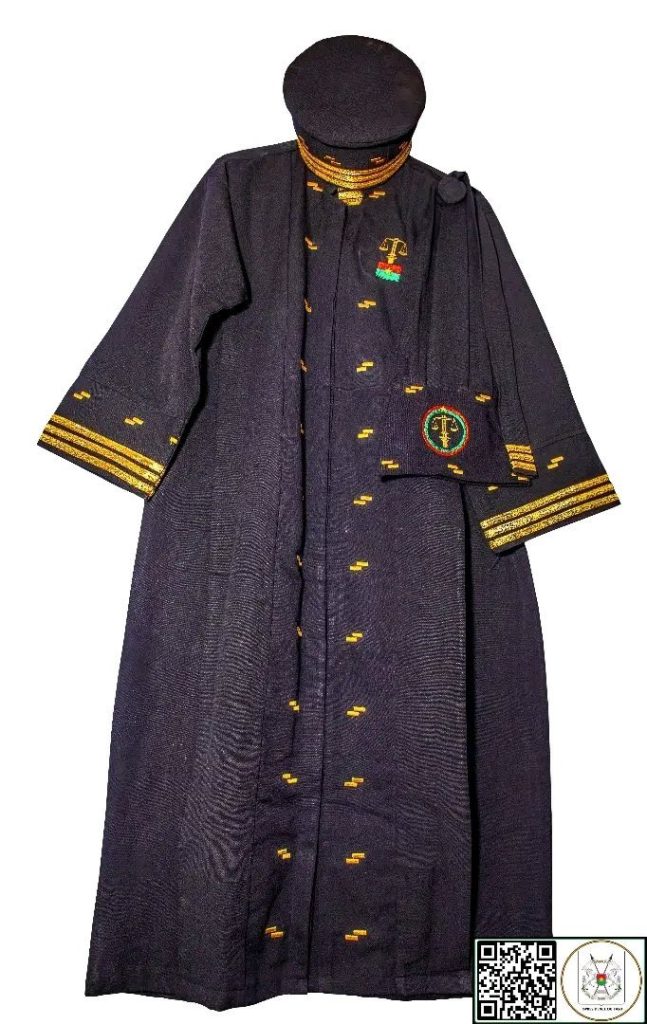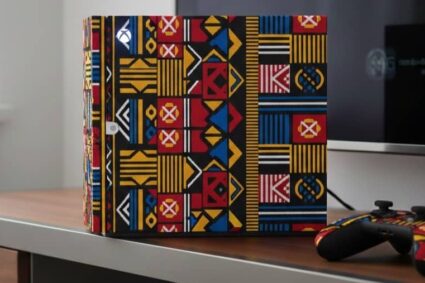
In recent years, there has been a growing call for Africa to move away from certain Western norms, including the attire worn by members of the judiciary. Advocates for change argue that replacing European-style judicial dress with pro-African attire would be a powerful statement of independence from colonial influences.
However, critics assert that such a change would have little impact on public perceptions of Africa’s judiciary system and suggest that the funds for designing new attire could be better spent on essential infrastructure, healthcare, and education in underserved areas.
One prominent voice in this debate is South African opposition leader Julius Malema, head of the Economic Freedom Fighters (EFF). In 2018, while visiting Kenya, Malema urged African countries to abandon judicial wigs, which he described as symbols of colonial practices. His comments have continued to fuel the debate around adopting uniquely African attire for judicial officials.
The discussion was recently revived following Burkina Faso’s decision to replace traditional European judicial attire with local dress, known as Faso Dan Fani. This move has been praised on social media as a significant step toward decolonization and a boost for the local economy by reducing dependence on imports. Political analysts suggest that Burkina Faso, currently under military rule, may influence its allies to follow suit.



In Zimbabwe, formal dress codes for lawyers remain in place, requiring conservative suits in black, navy blue, or dark grey, with shirts in white or similar hues. Whether the wave of change will impact such codes across the continent remains to be seen, but the conversation on judicial attire continues to evolve.




One thought on “Debate Rekindles: Should Africa’s Judiciary Break from Colonial Dress Codes?”